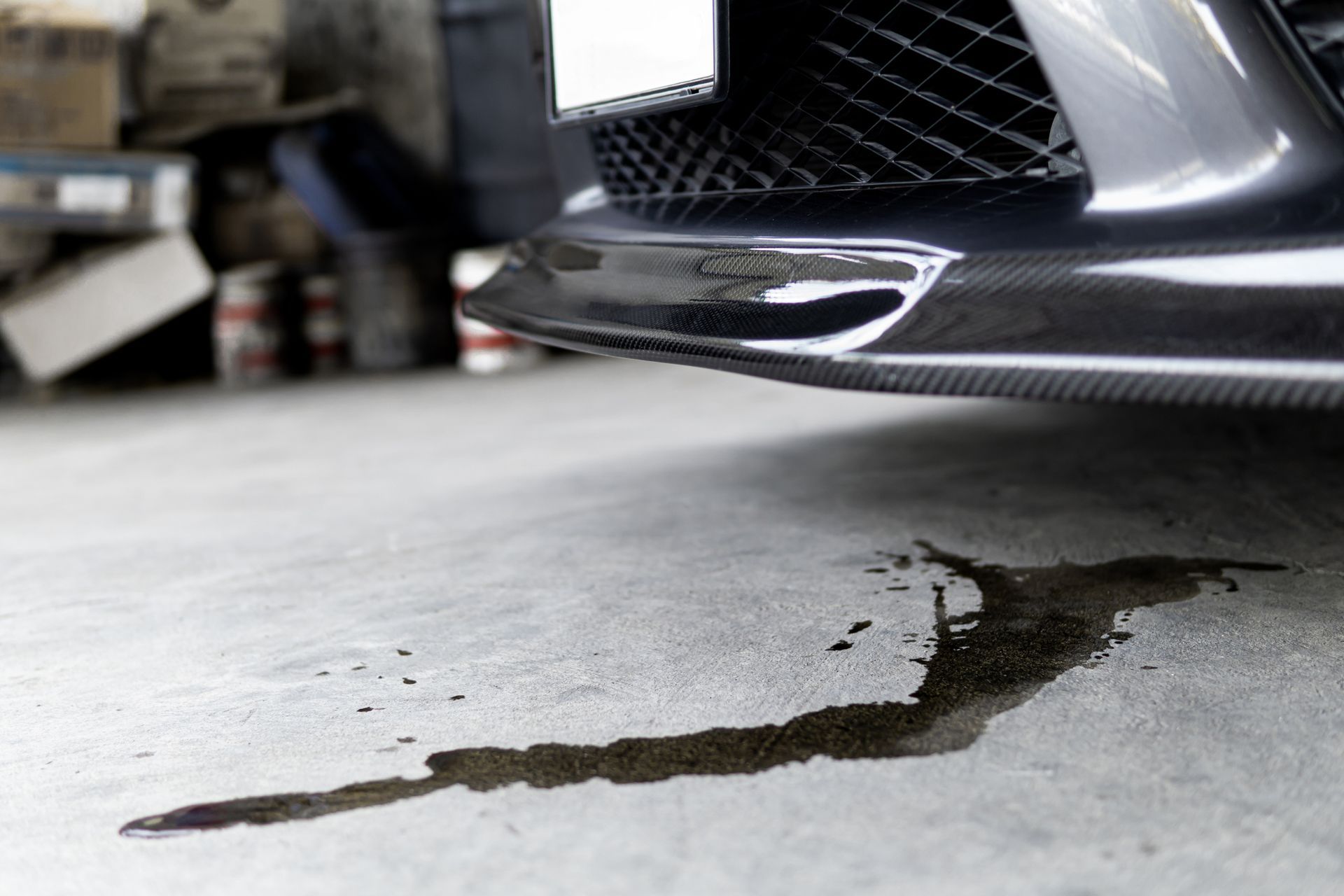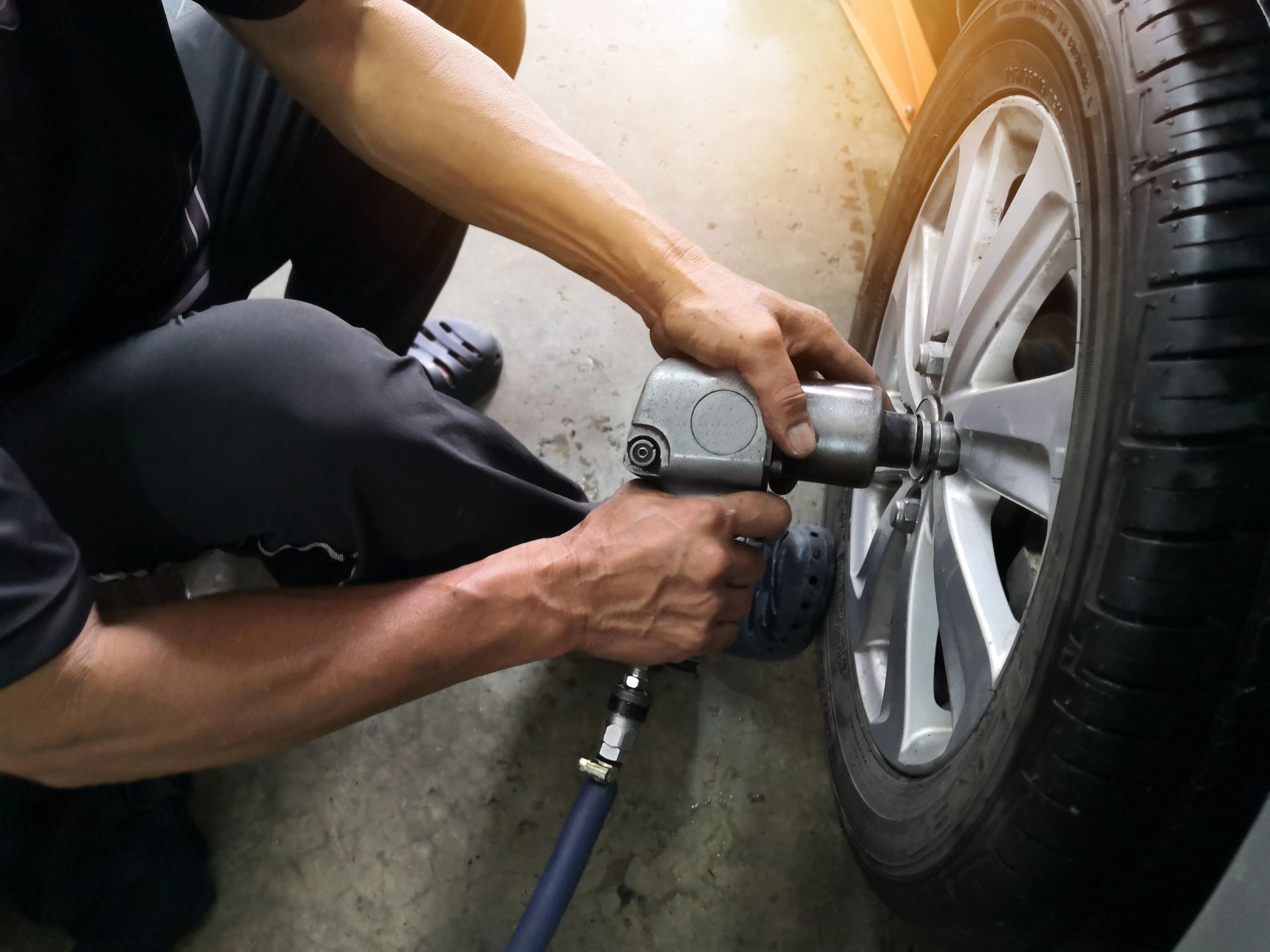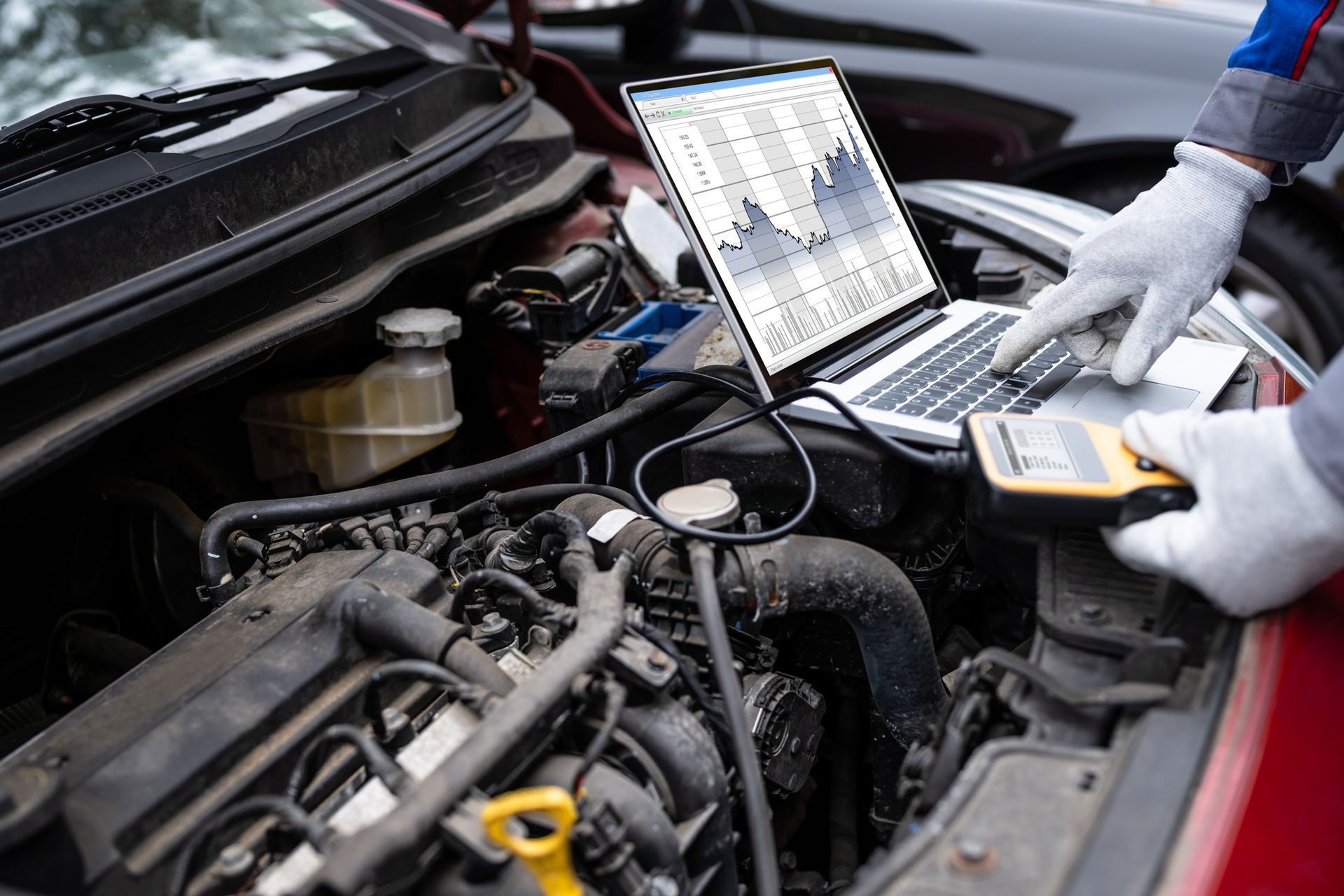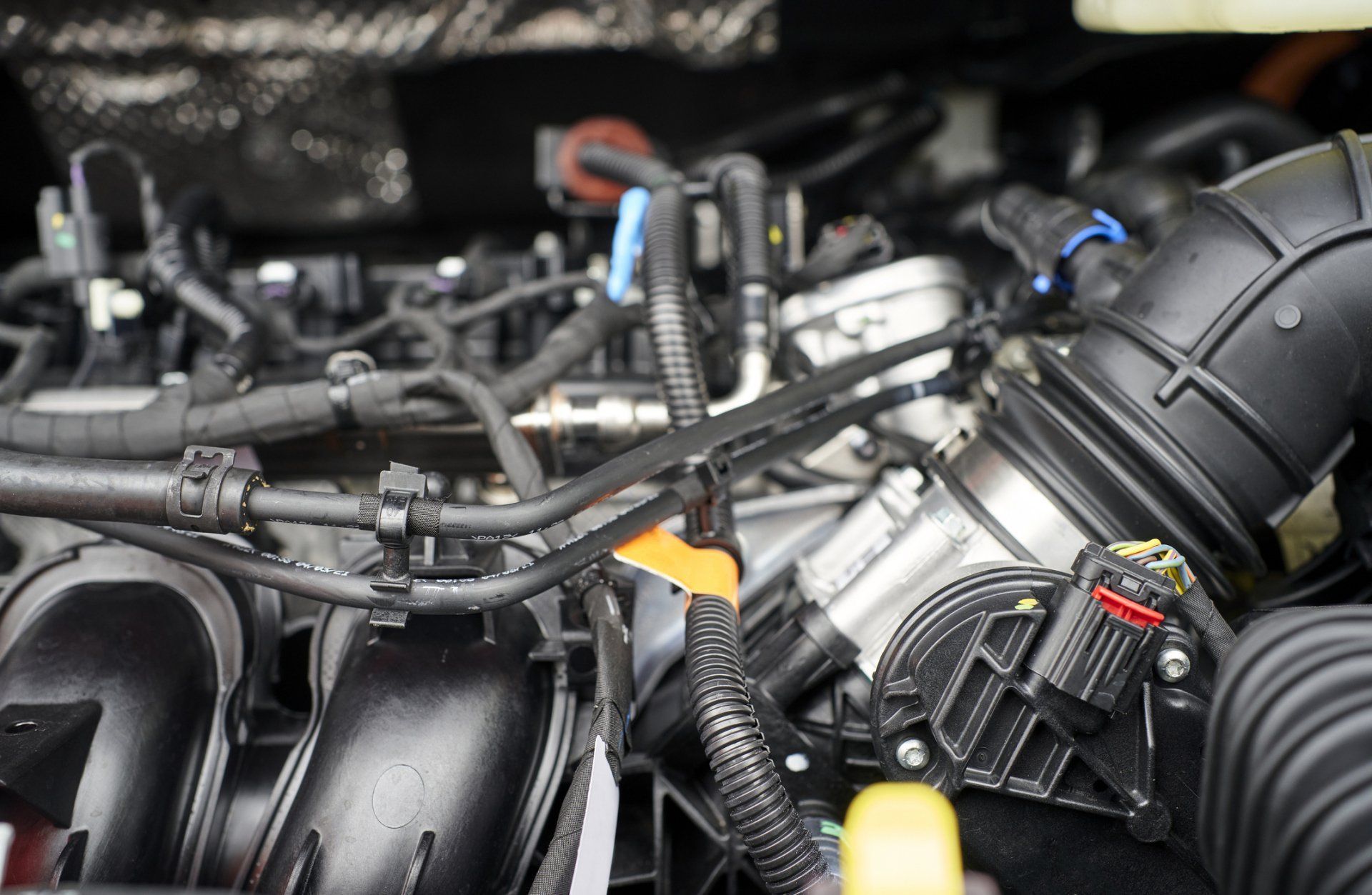6 Signs Your Car Needs an Oil Change
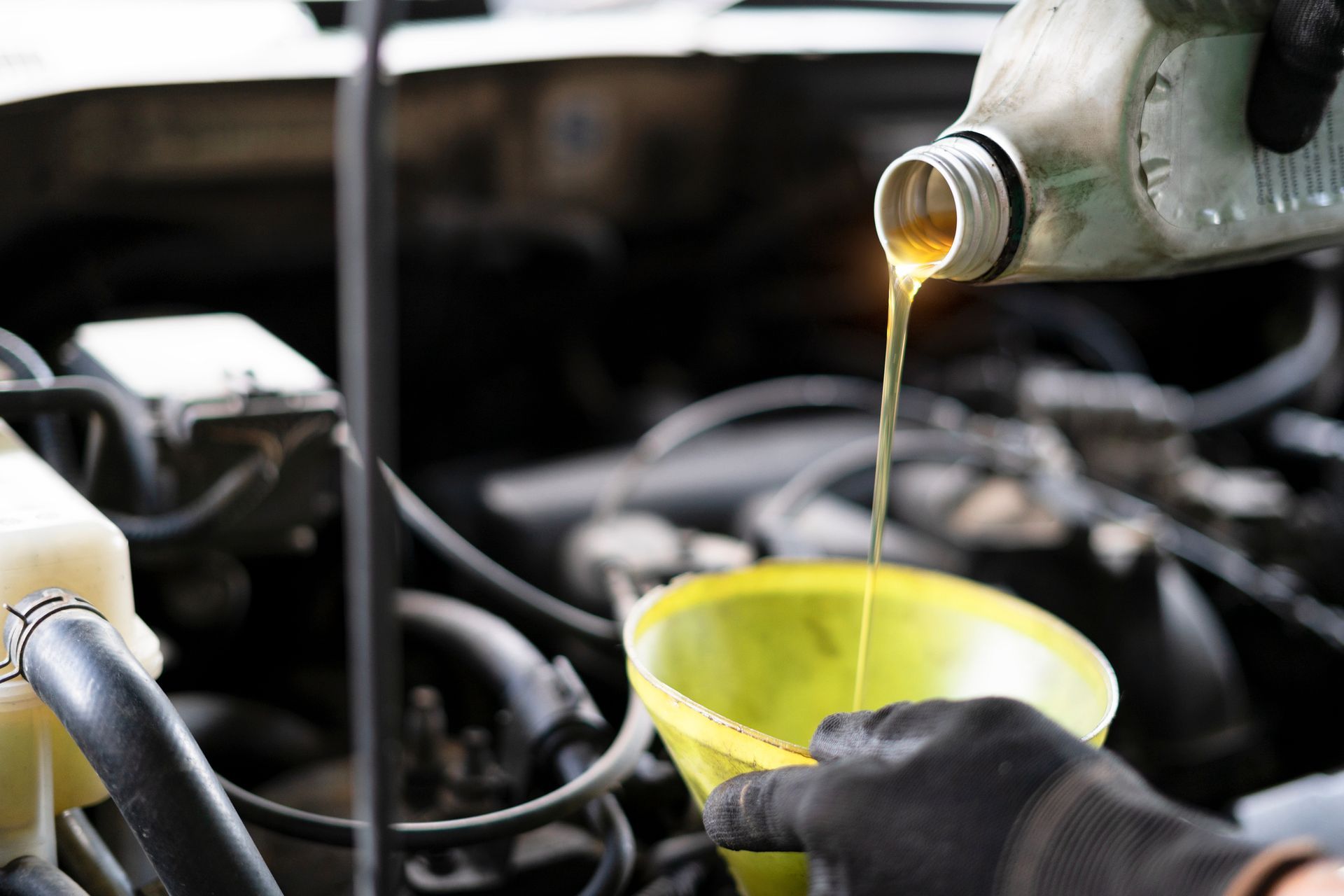
Your vehicle's health depends on the quality of its lubrication. Clean, high-quality oil enhances your car's performance and extends the engine's lifespan. The clean, fresh oil ensures your vehicle performs at its best by lubricating fast-moving parts inside the motor. Over time, however, the fluid breaks down and becomes less effective. Your car will likely display several warning signs when an oil change is due.
Read on to learn about six signs that indicate your car needs an oil change.
1. Warning Lights
Automobiles today have sensors that indicate when the oil pressure is low. Your check oil light could be orange or red, depending on your vehicle. The orange indicator serves as a reminder, while the red oil light comes on when the issue is critical.
Stop your vehicle when either light turns on and confirm the problem with a dipstick oil check. Driving with the warning lights on could cause severe damage to your engine.
2. Blue-Black Exhaust Smoke
Normally your car exhaust will release translucent vapor. Exhaust smoke of any other color could mean many things are wrong.
The color of the smoke can generally tell you what kind of problem you have. Blue smoke means your vehicle burns oil and gas and sends the residue out of the exhaust pipe.
The blue-black smoke is probably a result of an oil leak. Poor lubrication of the motor could damage your engine. Head straight to your local auto repair shop if you notice black exhaust smoke or any other color.
3. Overheating Engine
Petrol and diesel combust best at high temperatures, but limits exist on how hot an engine can run. A car engine works best within an optimal temperature of 195-220° Fahrenheit. Higher temperatures could cause the oil and additives will degrade.
The engine oil provides more than just lubrication; it also diffuses the heat from the engine. Low motor oil means high friction, and the engine could overheat.
A simple oil change could do the trick if your engine is overheating. However, you should know that low oil is not the only cause of overheating. Other potential causes are no coolant, a faulty radiator, or broken belts.
4. Oil Smell Inside Your Vehicle
If the interior of your passenger cabin smells like burnt oil, you need an oil change. The oil smell is often a result of an oil leak or dirty oil dripping on the overheated engine. Dirty oil cannot cool your engine, which causes a sharp burning smell.
5. Engine Oil Color
The engine oil color tells a lot about your car's health, and you must pay attention. To check your engine oil, park on level ground and allow your vehicle to cool down for about 15 minutes.
Using the dipstick and a clean rag, observe the oil level, color, and viscosity. Typically, brand new engine oil is a slightly translucent amber color.
The oil darkens with continued mileage. Manufacturers recommend an oil change every 7,500 miles. Oil can also darken from additives, so you should frequently check to understand your car better. Dark oil means that the oil has cycled through the engine too many times and needs changing.
6. Engine Noises
As engine oil ages, it loses its viscous properties and becomes increasingly difficult to cool the engine parts effectively. As a result, movable metal parts grind against each other, causing wear and tear.
You may hear metal grinding and knocking sounds from your engine. Ignoring these sounds can lead to long-term damage to your engine. Stay on top of your oil change schedule to reduce the risk of engine malfunction and premature wear and tear.
Oil changes are simple and inexpensive, and one of the most important things you can do to prevent the premature aging of your car. Contact us today at Letcher Bros. Auto Repair to schedule your next maintenance service.
